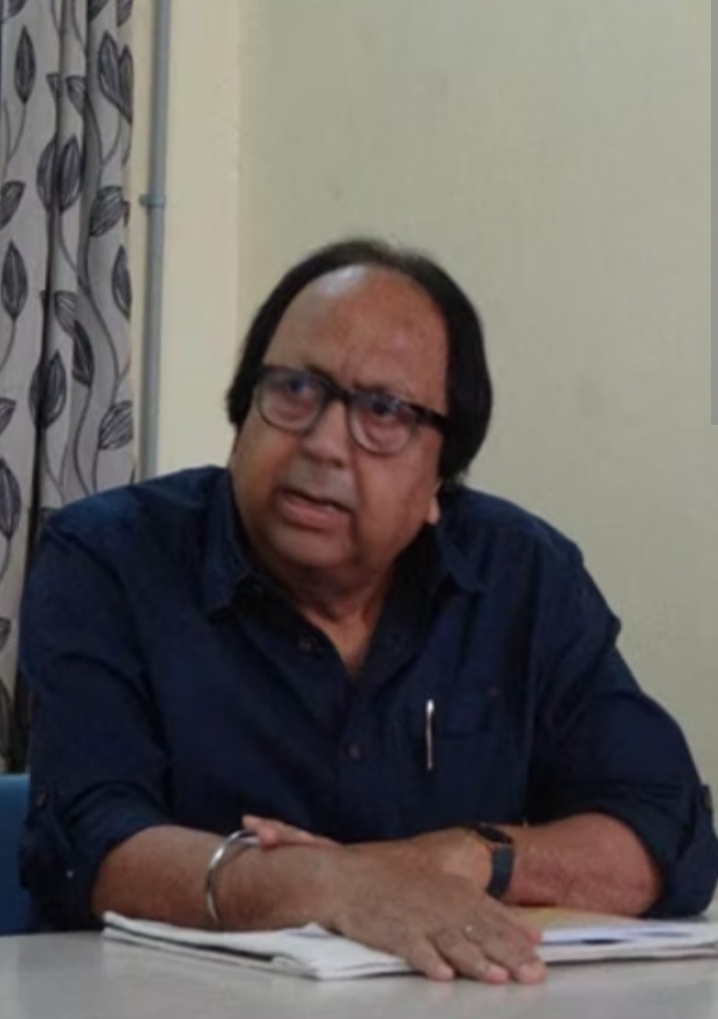© 2026 Anthropological Association for Humankind
"Anthropology is the study of Humans, study by Humans and study for Humans." - Pedarattaiah Gadde.
"The purpose of anthropology is to make the world safe for human differences." - Ruth Benedict. "Never doubt that a small group of thoughtful, committed citizens can change the world; indeed, it's the only thing that ever has." - Margaret Mead.
Interview Drive
The Anthropological Association for Humankind (AAfH)
has established the International Institute for Anthropological
Applications (IIAA) to advance the application of anthropology in
addressing contemporary human challenges. As part of this endeavor, the IIAA
has initiated a transformative Anthropologist Interview Drive with
a comprehensive fivefold purpose:
1.
Tracing the
Journey of an Anthropologist: The
drive aims to explore the origins of anthropologists’ professional paths,
delving into the factors that inspired them to choose anthropology, the
investments and opportunities that nurtured their growth, and the challenges
and milestones that shaped their emergence as contributors to the field. This
includes a focus on the interplay of personal ambition, institutional support,
and societal context in their professional development.
2.
Evaluating the
Transformative Impact of Anthropology:
The interviews seek to uncover how anthropological knowledge has enriched the
personal, familial, and professional lives of practitioners. This includes
examining their significant contributions to the discipline, as well as their
influence on policy-making, governance, civil society, and public discourse
through the application of anthropological insights and methods.
3.
Documenting
Unrecorded Contributions and Insights:
A critical objective of the drive is to tap into undocumented experiences,
wisdom, and theoretical insights that are often overlooked. By taking a deep
dive into their personal and professional narratives, the initiative seeks to
highlight the aspirational, visionary, and theoretical contributions of
anthropologists, creating a repository of knowledge that ensures the
preservation of their intellectual and practical legacies.
4.
Inspiring and
Guiding Future Generations: The
initiative aims to position anthropologists as role models who have facilitated
meaningful societal change. Their stories and achievements will serve as
inspiration for future generations, encouraging young scholars to embrace
anthropology and its potential to drive positive change in addressing complex
human issues.
5.
Preserving the
Legacy of Anthropology: The drive
also seeks to establish a lasting record of anthropologists’ contributions to
human well-being, social harmony, and peaceful coexistence. By documenting
their guidance and visionary insights, the initiative aims to provide
directions for the future of the discipline, reinforcing its relevance and
potential for solving global challenges.
Through this extensive interview drive, the IIAA seeks
to honor the contributions of anthropologists, provide a platform to share
their legacies, and create a valuable resource for both current and future
scholars, policymakers, and practitioners in the field of anthropology. This
initiative underscores the association’s commitment to human flourishing,
peaceful coexistence, and the advancement of anthropological applications in
addressing pressing global issues.

Professor Vijoy S. Sahay, a
distinguished figure in the field of anthropology, is the former Head of the
Department of Anthropology at Allahabad University. He holds a B.A. (Honours),
M.A., and Ph.D. in Anthropology from Ranchi University, where he completed his
doctoral research on the Nicobar Archipelago. Renowned for his expertise in
anthropological theories and fieldwork among India’s most vulnerable tribal
groups, Professor Sahay has made significant contributions to the discipline.
As the Editor-in-Chief of The Oriental Anthropologist, an
internationally acclaimed research journal published biannually by SAGE
Publications, he has fostered critical discourse in the field. His latest
publication, Experiencing Anthropology in the Nicobar Archipelago, was
published by Routledge, and his forthcoming book, Anthropological Thought:
From Evolutionism to Postmodernism and After, promises to further enrich
the academic community. Professor Sahay has also served on two key committees
established by the Government of India, dedicated to the protection and
preservation of the endangered tribes of the Andaman and Nicobar Islands.
© 2026 Anthropological Association for Humankind. Created with ❤ using WordPress and Kubio